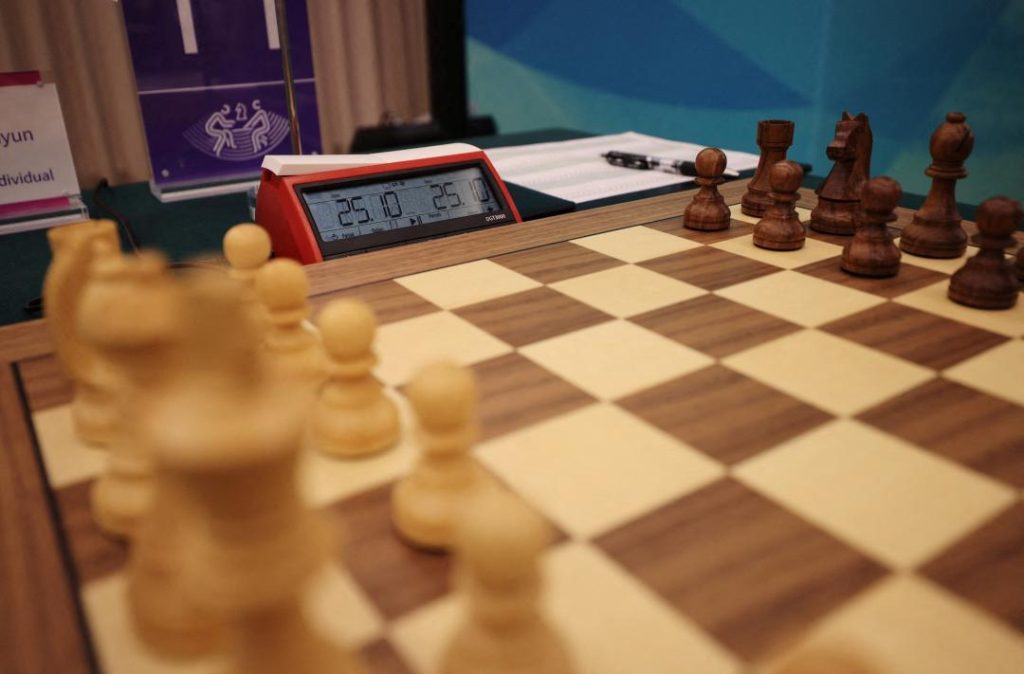
OpenAI o3 Defeats Grok 4 in Chess, Carlsen Says ‘Grok Learnt Theory & Knows Nothing Else’
The world of artificial intelligence and chess has witnessed a significant milestone with the recent AI Chess Exhibition Tournament 2025. In a thrilling showdown, OpenAI’s o3 defeated Elon Musk-owned xAI’s Grok 4 with a convincing 4-0 score. The tournament, which featured some of the most advanced AI chess engines, pitted o3 against Grok 4 in a battle of wits. The outcome was a testament to the progress made by OpenAI’s o3 in the field of AI.
Grok 4, developed by Elon Musk’s xAI, has been touted as one of the most promising AI chess engines in recent times. However, o3 proved to be the superior force, showcasing its mastery over various chess strategies. The match was closely watched by chess enthusiasts and AI experts, who were eager to see how the two engines would fare against each other.
In a post-match interview, Magnus Carlsen, the world number one chess player, shared his thoughts on the match. When asked about Grok 4’s performance, Carlsen couldn’t help but express his disappointment. “There’s always that one guy… who’s learnt theory and literally knows nothing else,” he said, chuckling. His comment was a subtle jab at Grok 4’s reliance on pre-programmed chess theories, rather than developing its own strategic thinking.
o3’s victory was not limited to its match against Grok 4. The engine also defeated o4 mini and Kimi K2 instruct, showcasing its versatility and dominance in the world of AI chess. OpenAI’s o3 has been in the spotlight for some time now, with its impressive performance in various AI tournaments and competitions.
So, what sets o3 apart from other AI chess engines? The key to its success lies in its ability to think critically and strategically, much like a human chess player. o3’s algorithm is designed to learn from its mistakes and adapt to new situations, allowing it to play a more nuanced and dynamic game.
The development of AI chess engines like o3 and Grok 4 has significant implications for the world of chess and AI research. As AI continues to advance, we can expect to see more sophisticated chess engines that can challenge even the best human players. This, in turn, will push the boundaries of chess strategy and theory, as humans strive to stay ahead of the AI curve.
The rivalry between OpenAI and xAI is likely to continue, with both sides pushing the limits of what is possible in AI chess. The future of chess and AI research is bright, and we can expect to see many more exciting matches and innovations in the years to come.
In conclusion, o3’s victory over Grok 4 is a significant milestone in the development of AI chess engines. The match was a testament to the progress made by OpenAI in the field of AI and the growing competition between AI research institutions. As the rivalry between OpenAI and xAI continues, we can expect to see more thrilling matches and innovations that will shape the future of chess and AI research.






